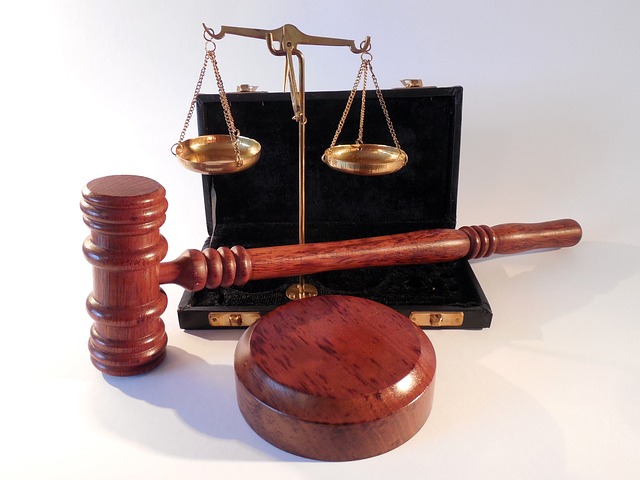THE CASE ANALYSIS OF NATIONAL LEGAL SERVICES AUTHORITY VS UNION OF INDIA 2014

The transgender (TG) community, for which the term “transgender” serves as an umbrella term, has long faced discrimination and marginalization from society. Because they do not fit into the categories of male and female that are widely accepted, they are subject to abuse and violence on a regular basis. They suffer from torture and are denied the same liberties and rights as citizens.
Ultimately, the National Legal Services Authority, the principal petitioner in this case, filed a petition, offering free legal aid to underprivileged and marginalized groups in society and resolving their complaints.
national legal services authority vs union of india case summary
Facts of the Case:
- Thenational legal services authority vs union of india citation is AIR 2014 SC 1863; (2014) 5 SCC 438
- The National Legal Services Authority, the Petitioner, was established in 2012 to provide legal assistance to underprivileged groups in society.
- On behalf of the transgender community, the Petitioner filed a writ petition with the Supreme Court, claiming that persistent abuses of fundamental rights had occurred.
- The Kinnar group, which was also transgender, was the subject of a petition filed by the Poojaya Mata Nasib Kaur Ji Women Welfare Society, which also asked for comparable redress.
- Finally, Laxmi Narayan Tripathy, a person who identified as a Hijra, petitioned to represent the transgender community’s interests as an intervenor.
Issues Raised in the Case:
- Is it appropriate for transgender people to get legal protection under the Indian Constitution and acknowledgment as a third gender?
- Do transgender people’s experiences of discrimination in a variety of settings constitute a violation of their fundamental rights?
Contentions by the Petitioner:
- The petitioner contended that Article 14’s Right to Equality, Article 21’s Right to Life and Personal Liberty, and Article 19’s Freedom of Expression are fundamentally violated by the idea of binary gender.
- A person who does not identify as either gender is subjected to additional victimization and alienation.
- The petitioner contended that these people’s human dignity is violated since they do not identify as members of the third gender, which pushes them to live on the periphery of society without their fault.
Contentions by the Respondent:
- However, the responders countered that the state had formed an “Expert Committee on Issues Relating to Transgender,” which takes into account all viewpoints in order to support members of the transgender community in leading more respectable and successful lives.
- According to the reply, the committee would take the petitioner’s viewpoint into account when formulating a strong policy.
- Numerous States and Union Territories claimed to have made significant progress in enhancing the lives of the transgender population.
Judgment in the Case:
- The Supreme Court of India rendered a historic decision in the NALSA v. Union of India case on April 15, 2014. Justice K.S. Radhakrishnan and Justice A.K. Sikri, a two-judge panel, handed down their decision in the NALSA case.
- The National Legal Services Authority (NALSA) brought the lawsuit in an effort to give transgender individuals in India legal protection and acknowledgment of their rights.
- In the national legal services authority vs union of india 2014 ruling, the Supreme Court upheld transgender people’s fundamental constitutional rights and acknowledged them as a third gender.
- According to the court, transgender individuals ought to be viewed as members of socially and economically marginalized groups. The government was instructed to implement affirmative action policies, such as offering them preference in hiring and education.
- The court further stated that gender identity is an essential component of an individual’s identity and cannot be exclusively decided by biological criteria, while simultaneously recognizing the right of transgender people to self-identification.
- The government was ordered by the court to guarantee that transgender individuals are not subjected to discrimination on the basis of their gender identification and to grant them legal acknowledgment of their identity.
Way Forward:
A unique employment exchange for transgender individuals and government occupations can be formed by reserving 2% of seats in an educational institution supported by the government, incorporating some of the features of the private member bill submitted by Tiruchi Siva in 2014.
- This law ought to include provisions that would allow transgender people to be fully integrated into the public fabric at work, in public areas, and in homes.
- Policies and rules by themselves won’t be able to support the transgender population, thus it’s important to raise awareness and foster acceptance and respect instead.
- There should be more opportunities for transgender persons to participate in public life. They need to have their complaints about not being included in the creation of policies and decisions addressed.
Ultimately, it is up to us to interpret it, and we must never forget that our preamble begins with “We the people of India.”
For any latest news, judiciary exams notifications, patterns, etc watch Jyoti Judiciary’s YouTube channel for legal videos for any updates at https://youtube.com/@jyotijudiciarycoaching4852?si=2cwubh9d2A9urwJf









